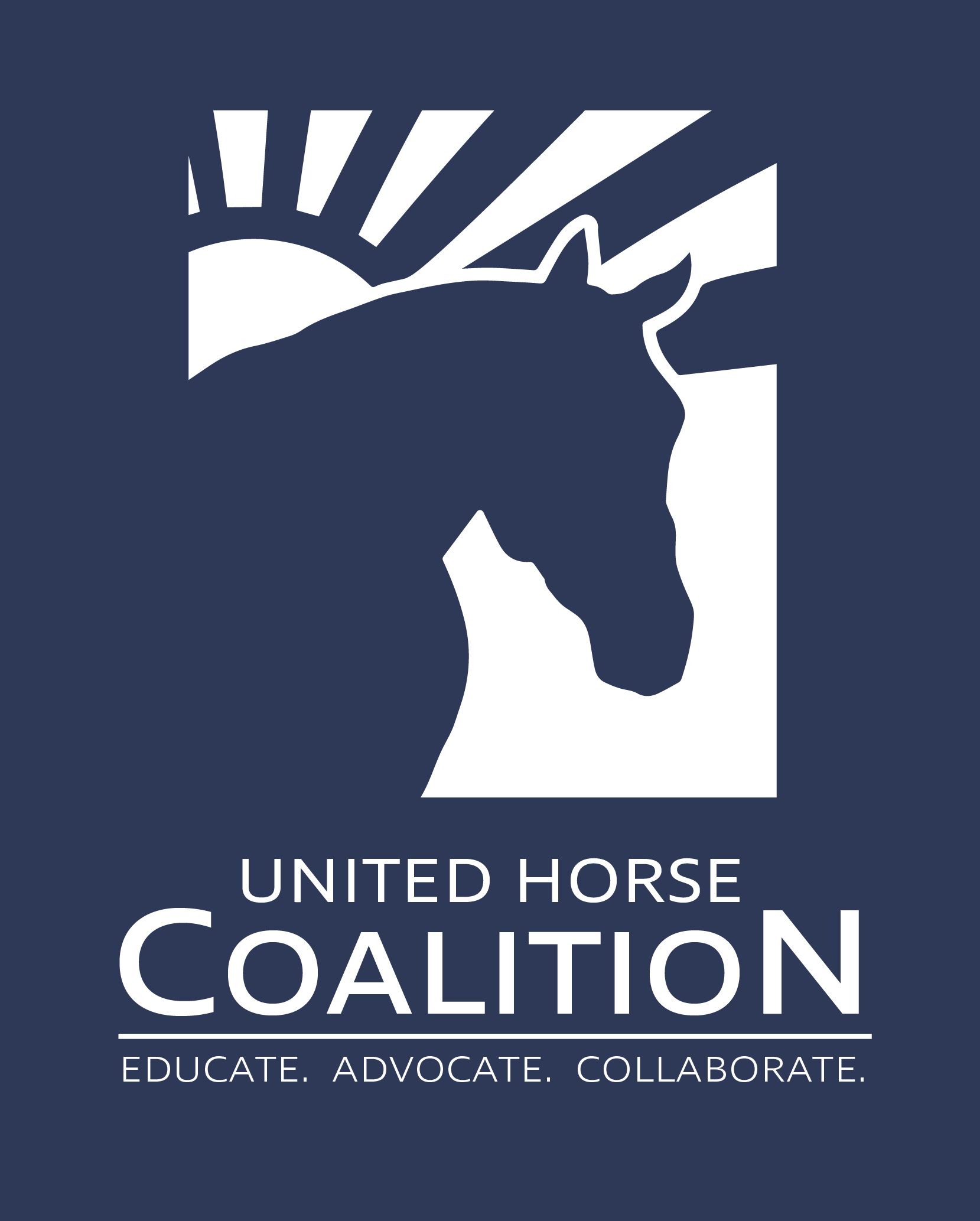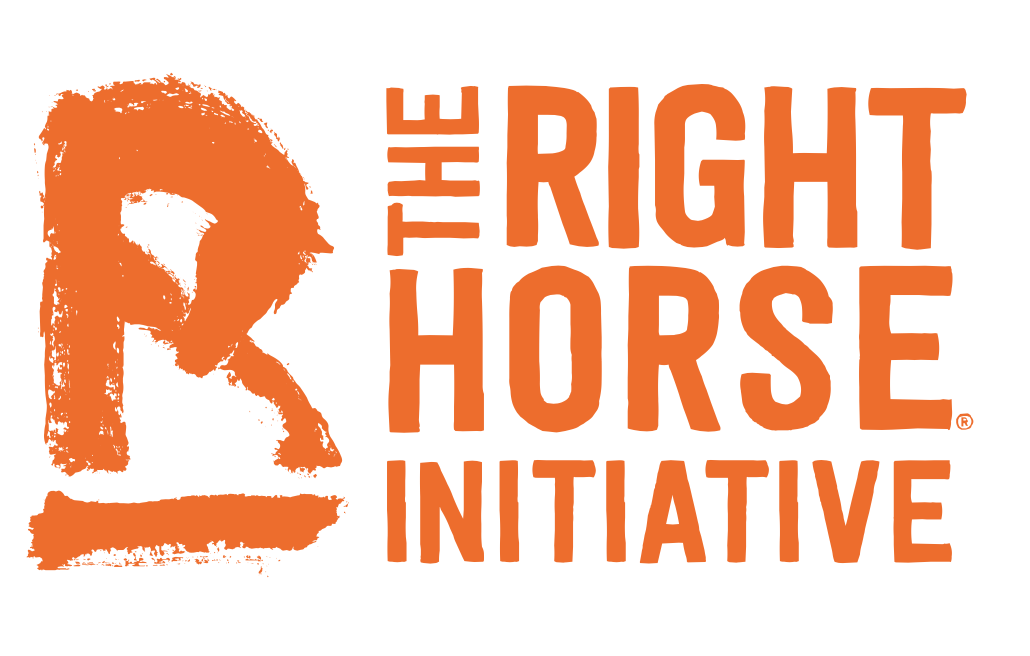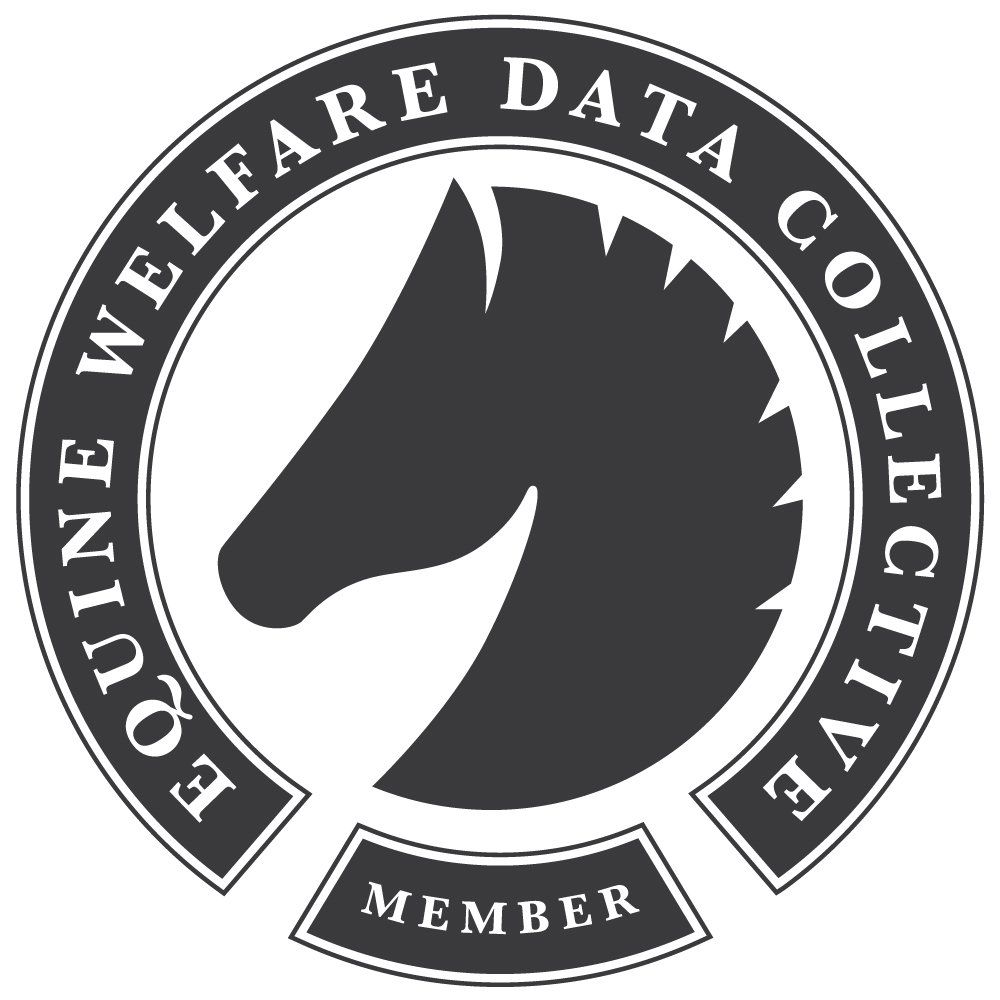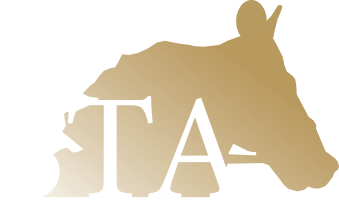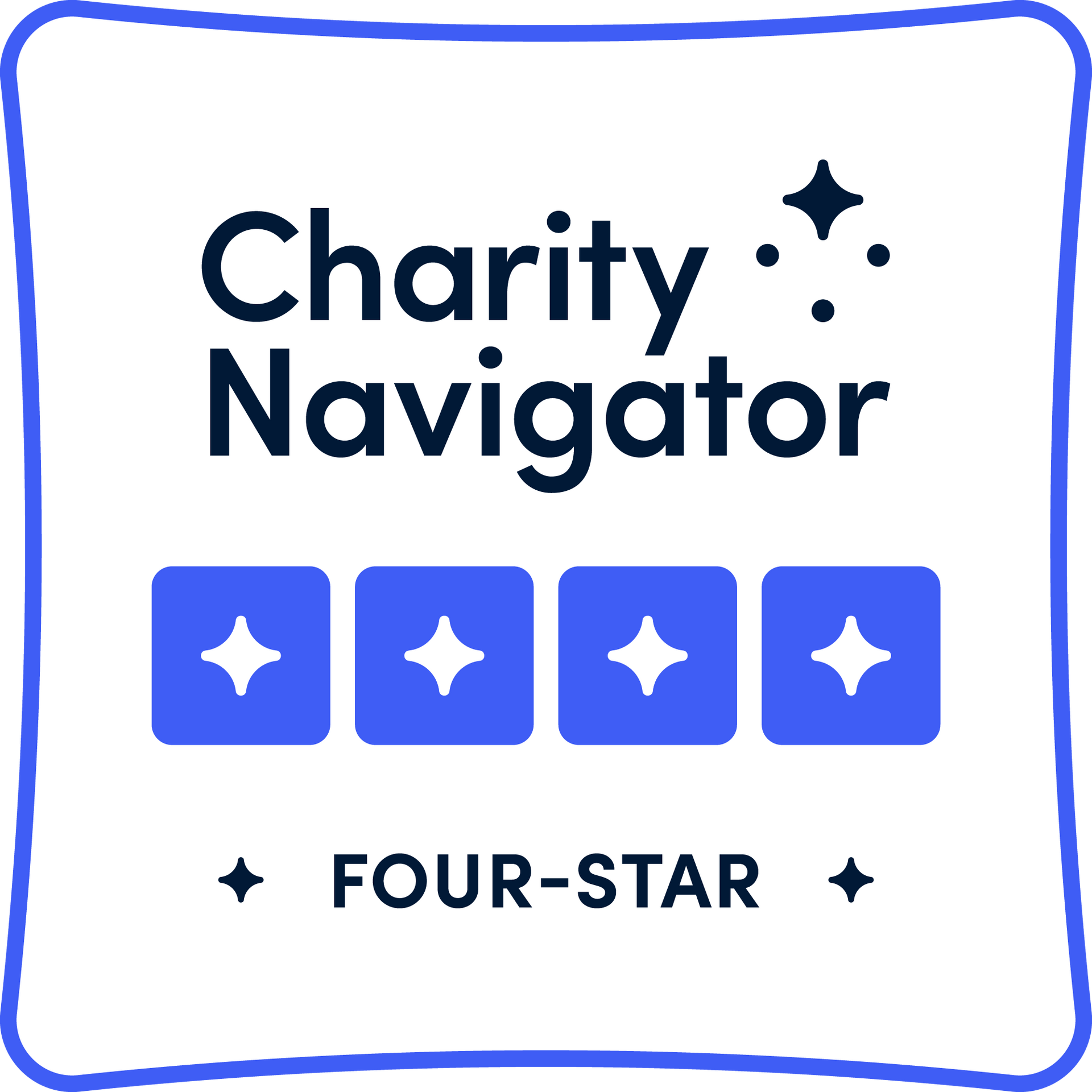OurMission
OurBoard
Don Marean
Marean is the ex officio director representing the United States Trotting Association (USTA). He is chairman of USTA District 9. Marean is a past member of the Maine House of Representatives, and a current commissioner of the Maine State Harness Racing Commission.
Marean is a director of the Maine Farm Bureau Horse Council and currently is vice chair of the University of Maine (Orono) Board of Agriculture. He and wife Linda ran Lindon Farm, where they bred Standardbreds; they continue to live on the farm and care for their retired horses.
Moira Fanning & David Reid
Moira Fanning
Fanning is chief operating officer of the Hambletonian Society, which owns and services the sport’s most prestigious race, the Hambletonian, as well as 137 other stakes races.
She is a past president of the United States Harness Writers Association, a Standardbred owner and former caretaker.
David Reid
Reid is president of Preferred Equine Marketing Inc, which conducts multiple sales of yearlings, bloodstock and horses of racing age each year, including private transactions.
He is a graduate of the State University of New York at Morrisville’s equine science program. Reid was a partner on the international trotting star, Moni Maker, and he continues as an owner of both Standardbreds and Thoroughbreds.
Renee Mancino
Mancino is the Managing Attorney at Mancino Law, LLC, where she specializes in Gaming Law, Equine Law, and Racing and Wagering Law. Her practice focuses on federal and state horse racing legislation, sports wagering, iGaming and compliance.
Dr. Andy Roberts
Dr. Roberts is a racetrack veterinarian based in the Midwest. He’s worked for the Kentucky Horse Racing Commission at Keeneland, Churchill, Turfway and Ellis Park racetracks. A member and past president of the KY Association of Equine Practitioners and a board member of the North American Association of Racetrack Veterinarians, Dr. Roberts is currently a director of the U.S. Trotting Association. He’s been licensed as a trainer and driver for over 30 years.
Chris Antonacci
Antonacci is an attorney actively involved in the management of his family’s Lindy Farms and other businesses as in house counsel. He’s a director of the U.S. Trotting Association and has been licensed as a groom, driver, trainer and owner across many racing jurisdictions.
Linda Bédard
Bédard is the Registrar of Standardbred Canada since 2012. She has actively participated as a delegate to the World Trotting Conference’s Health and Welfare Committee, and their Breeding Committee, since 2015. She’s been involved in many other welfare related committees and initiatives, including her position on the Equine Guelph Advisory Council.
Dr. Donna Franchetti
Dr. Franchetti is a sport horse veterinarian and Standardbred owner, concentrating on trotters. She is a graduate of the University of Pennsylvania Veterinary School and competes in Western disciplines with her Standardbreds.
Kevin Greenfield
Greenfield is an attorney and past president of the Ohio Harness Horseman’s Association. He is president of Hickory Lane Horse Farm in Ohio and syndicate manager for stallions Tactical Landing, What The Hill, Uncle Peter and McArdle.
Dr. Alison Moore
Dr. Moore is an equine internist and sports medicine specialist who has been involved in the Ontario Standardbred industry over the years as a veterinarian, owner, breeder and groom. She is presently a member of the Ontario Association of Equine Practitioners executive and racing committees, the American Association of Equine Practitioners racing committee and the North American Association of Racetrack Veterinarians.
Rick Moore
He has worked in leadership positions in Standardbred, Thoroughbred and Quarter Horse racing.
He is active in the community through Rotary, United Way, Chamber of Commerce and is a board member of the Animal Protection League.
Russell Williams
Russell Williams is president of the USTA, president/CEO of Hanover Shoe Farms, and chairman of the board of Standardbred Horse Sales Co. Williams has spent his entire life in the sport. Earned a Bachelor of Arts degree from the University of Virginia and a law degree from the University of Richmond. Serves as a trustee of the Harness Racing Museum and the Hanover Foundation for Excellence in Education. President of the Hanover Shoe Farms Foundation.
M. Kelly Young
Young is a past executive director of the Agriculture and New York State Horse Breeding Development Fund, which sponsors the New York Sire Stakes.
She formerly served as deputy director of public policy at the New York Farm Bureau, advocating on legislative and regulatory matters affecting farmers. She is the fifth generation of her family to work in harness racing.
Our
Partners
Frequently Asked Questions
- What is the Standardbred Transition Alliance?
The mission of the Standardbred Transition Alliance (STA) is to inspect, accredit and award grants to approved organizations that acquire, rehabilitate, train and re-home Standardbred horses, using industry-wide funding. The STA is approved as a 501(c)(3) Internal Revenue approved charity and is also registered with the Ohio Secretary of State and Attorney General. IRS application for 501(c)(3) designation was filed in October of 2018 and approved in April of 2019.
- Why do we need the STA? Can’t we just support existing adoption groups?
The existing groups are at or beyond capacity. There is a wide disparity in numbers of horses served, services provided, staffing, budgets and other resources. Horse adoption programs generally operate with no oversight and no way for donors to ensure their money is being used wisely. We need additional groups to help Standardbreds across the country.
It is expected that the accreditation process will elevate the level of both business and equine care practices and identify groups whose work is sustainable and exemplary. It is expected in the future that groups that now take no or minimal numbers of Standardbreds will seek them out because of the available grant funding. Donors and grantors will be assured their donations are used responsibly when they give to accredited groups.
- What is the benefit to adoption groups?
It is expected that accredited groups will gain elevated status in the eyes of granting sources outside the industry. Additionally, the accreditation process is intended to be an instructional one, identifying areas for improvement within programs’ equine care and business practices. The STA will work with groups to develop and strengthen those areas and make them more sustainable for the future in addition to providing partial operating funds through grants.
- Won’t the STA just compete with existing Standardbred adoption groups?
Nothing the STA will do replicates the work of the existing groups and accreditation is a voluntary process. The STA will not care for horses, rehabilitate, train, or find them homes. The STA will not replicate existing fundraising mechanisms used by such groups, such as stallion season auctions.
Ultimately, it is expected that expansion of the numbers of accredited programs that accept Standardbreds will lighten the burden on existing groups and give them referral outlets.
- Where did this concept come from?
The STA is modeled on the Thoroughbred Aftercare Alliance (TAA), which last year accredited 73 groups and distributed $3 million in grants to partially fund those groups. Their model, which relies on 19 different sources of funding across a broad spectrum of the industry, has been replicated in Japan and France. The TAA has been very generous in sharing operations policies and procedures and we have the benefit of their experience in forming the STA.
- Where will the money come from?
The STA seeks a broad based funding platform, one that is prevalent, proportional and permanent. For the long term, we seek a uniform system of donations, tied to transactions generated every day. The pool of money available is not unlimited, which makes it even more important to ensure that every dollar generated for transition care is spent wisely – on carefully scrutinized groups, to ensure responsible financial and horse care practices.

